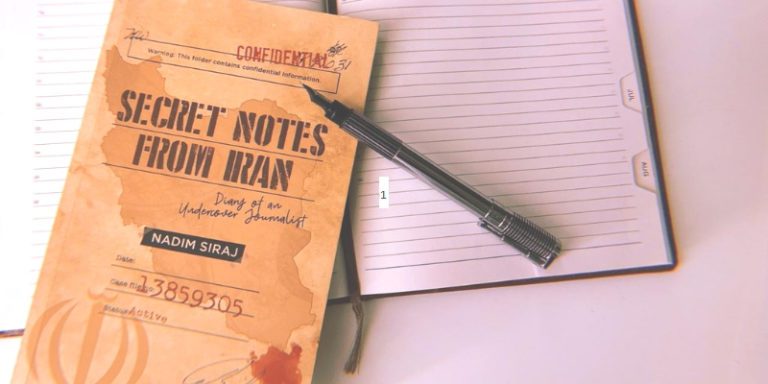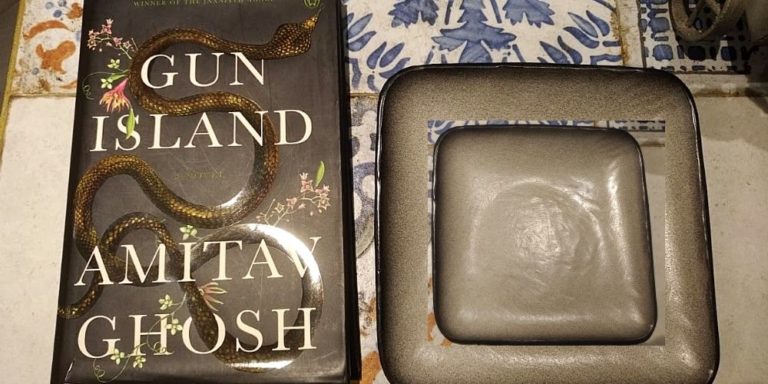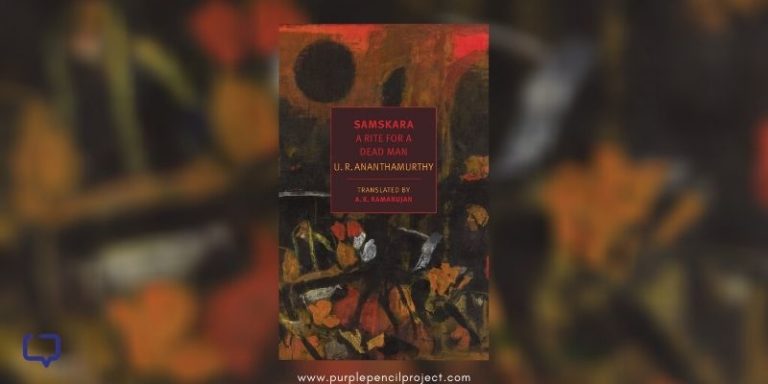Sneha Pathak reviews Subversive Whispers originally written by Manasi in Malayalam and translated by J Devika in English (Published by Penguin India, 2023)
Subversive Whispers is a collection of thirteen short stories written by the Malayalam writer Manasi and translated into English by J Devika. All thirteen of these stories are bound together by a common thread that runs through them – they are all stories about women and their struggles in myriad forms.
As Devika tells the readers in her very informative translator’s introduction to the book, Manasi’s stories have been lessons on defying patriarchy to a generation of women who were coming of age in the early 1980s.
Her stories present the various ordeals and conundrums that women face in a world that is deeply patriarchal and where to survive as a woman is to be constantly at battle with either one’s true self or with others.
However, having said that these stories aren’t out-and-out feminist in their treatment where the characters gain strength from their battles and end up taking a stand that will deliver them from the shackles of society.
Instead, these are the stories that depict, sometimes, the beginning of that struggle; sometimes the futility of that struggle; sometimes the fact that there is no clear winning or losing; and sometimes the chilling reality of a life where there is no struggle.
We encourage you to buy books from a local bookstore. If that is not possible, please use the links on the page and support us. Thank you.
Subversive Whispers and its Narration
The narrator of the story “Devi Mahathmyam: In Praise of the Goddess”, for example, tells her readers casually how a woman becomes a devi, the small price a woman needs to pay to become a goddess, the price being “our wings, our minds.” The fact that the narrator feels grateful to the men who accept “our clipped wings and our faded, soiled minds, to feed and clothe us in return” is enough to either spark anger or chill its readers to the bone.
All the stories of the collection show us the lives and the struggles that a variety of women, from different walks of society, face every day.
In the very relatable “Bhanumati’s Morning”, for example, we witness the burden of dual responsibilities that a working mother has to carry. The burden increases exponentially when the demand for something like a scooter that will make her life easier is seen as something akin to committing a crime as it can turn the woman into the “other female”, a term used derisively by the husband for a neighbouring woman.
Love Subversive Whispers? Check out Translations: The Talk of Publishing Town.
“Scars of an Age” narrates the story of a forty-five-year-old woman who has to fight dual battles, one at home with her son who is unhappy with the way she dresses for her office, and another at the office where her boss expects her to be dressed and groomed in a certain way.
Stories like “The Far End of the Gravel Path” and “Spelling Mistakes” show us women who have rebelled in a certain way – one does so by taking a lover and another by taking and discarding a lover when she finds him stifling – yet are unable to truly break the stifling patterns of their life until they do something drastic like pick up a sword.
And then, sometimes, like in “The Sword of the Princess”, even picking up a sword cannot be enough because it ends not in freedom but in guilt that irrespective of whatever might have forced her to pick up a sword, the fault, ultimately, is hers.
Guilt is also the driving factor in “The Seasons” where a woman feels guilty that her body, which once bloomed at the sight of someone when she was younger, seems to feel nothing for her husband. Then there is Sheelavathi, the eponymous protagonist of the story which describes the Madonna-whore complex in an Indian setting.
Epic Descriptions
Written in a manner that makes it look like we are reading a story from an epic or a folk tale, Manasi shatters that illusion by including references to Amrita Preetam, Femina, and Women’s Era to show that the expectations from women haven’t changed in the present times either.
As Devika writes in her introduction, Manasi’s writing “stands at the cusp of rebellious anti-patriarchal whispers, sobs, even groans and grunts” and is about “subversive whispers…always echoing in the labyrinth of patriarchy.” This becomes clear to any reader of this collection where the stories come across as nuanced, complex, layered, and yet engaging.
The sub-text of these stories is as important as the text and a reader has to read between the lines and in the absences with as much attention as she reads what has been said to appreciate these stories fully. Manasi’s writing is also distinctly modernist in its tone.
She uses satire, dialogue, monologue-like narration, symbols, and brevity to present the themes of her stories before the readers. Her stories are devoid of the verisimilitude generated through descriptions of people or places. Instead, she brings her readers to situations they might identify instinctively even if they aren’t part of the specifics.
Subversive Whispers is a collection that demands active participation from its readers. These aren’t stories one can sit back and read for leisure, these are stories one needs to be willing to be engaged with, to give them time and attention, and sometimes even struggle with. To a reader willing to do this, the collection will definitely appeal the most.
Favourite Quote from Subversive Whispers
This is how, though rather late in my life, I exchanged proofs of humanity that I possessed – my mind and wings – for the turmeric and sindoor; those sacred offerings that I accepted with unblinking eyes and ever-steady lips. That is how I became, like all respectable women in the hallowed land of Aarsha Bharatha, a Goddess, a Devi.
Have you read this thought-provoking short story collection? What do you think of it? Drop a comment below and let us know!























